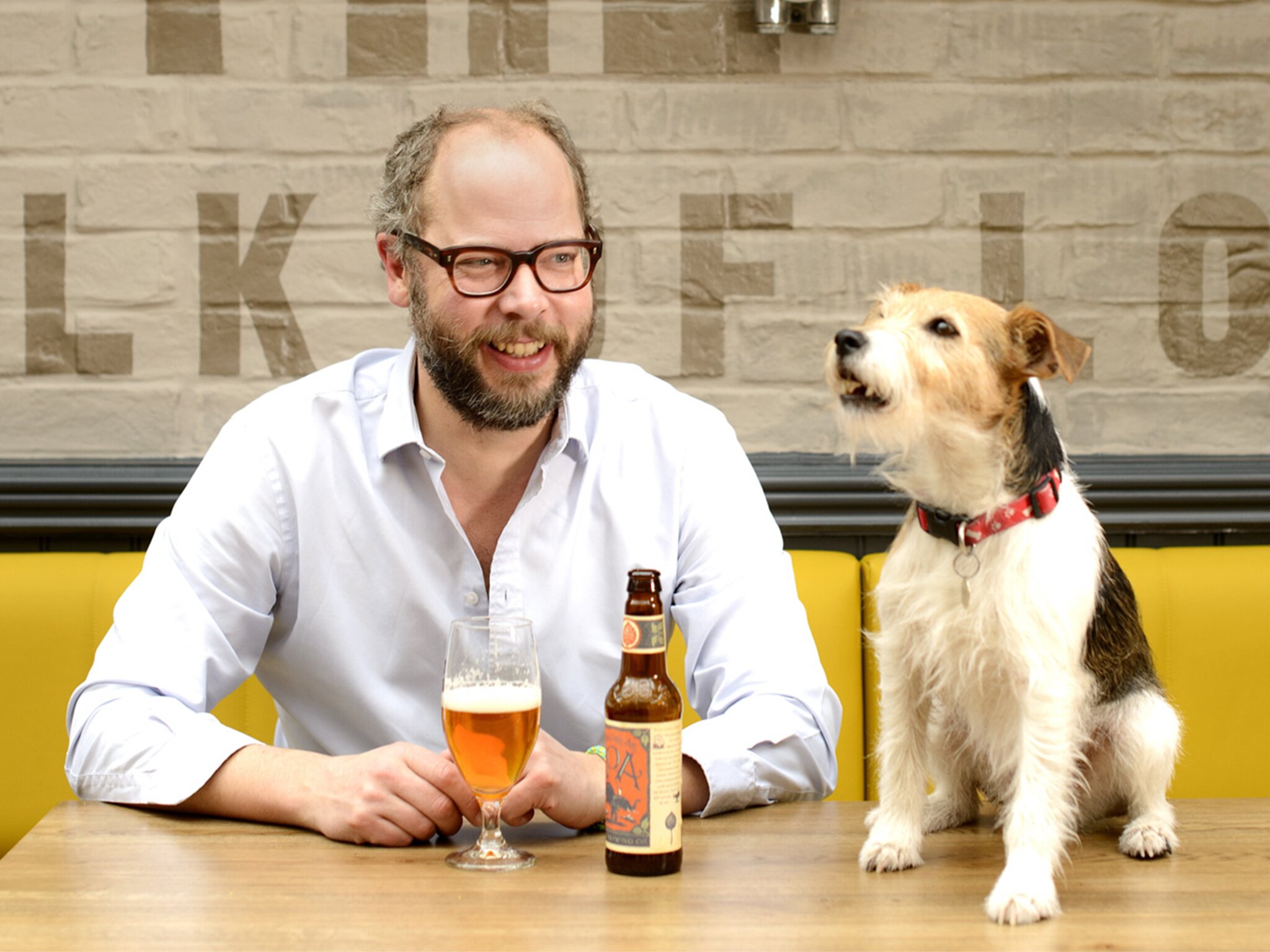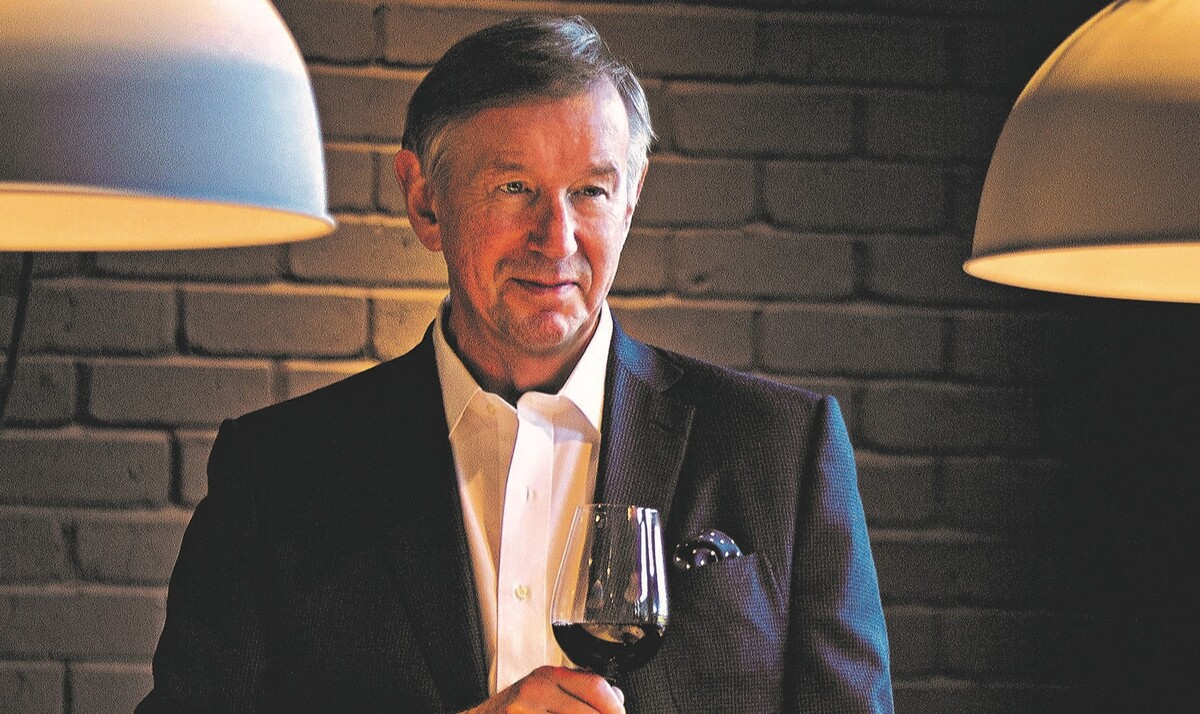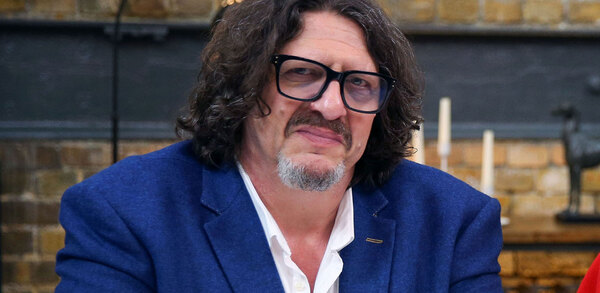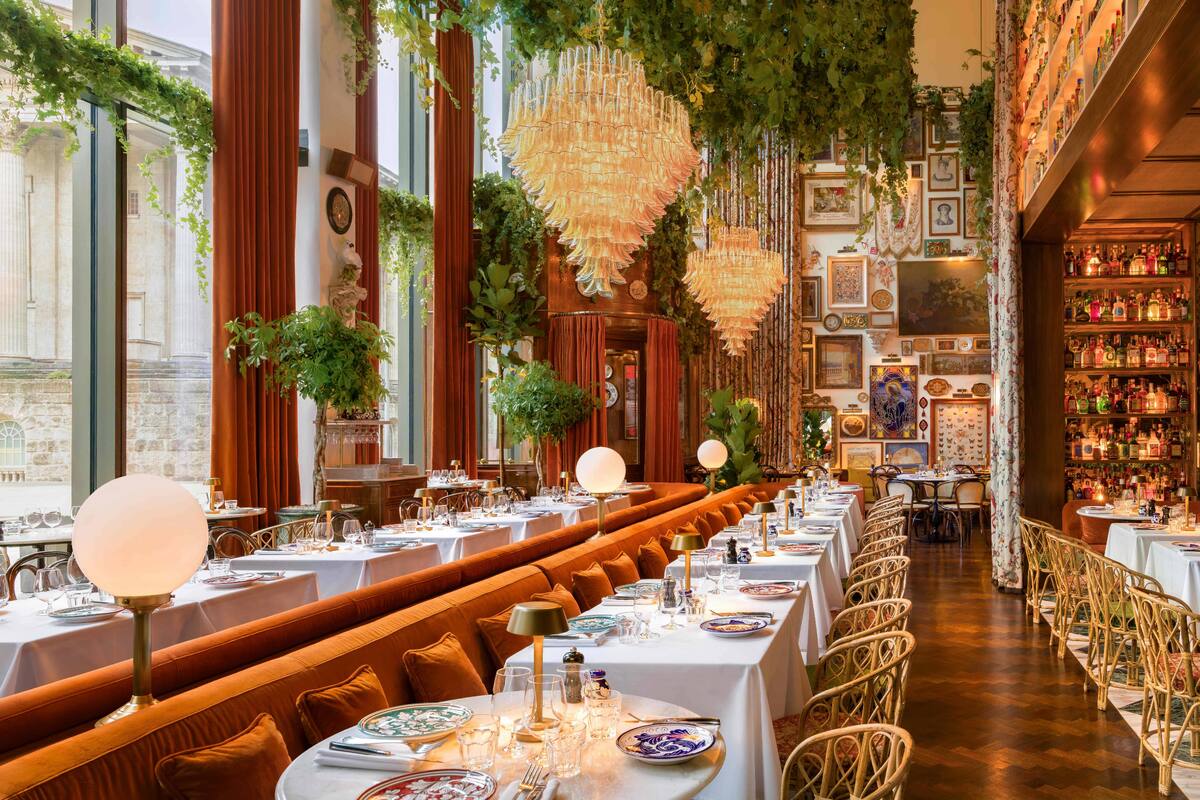Charlie McVeigh's #ProjectPint is championing pubs and publicans
Charlie McVeigh, founder of Draft House pubs and chairman of the Breakfast Club group, wants to replace the nervousness people have about returning to pubs with Project Pint, a campaign to champion pubs and publicans and to put the responsibility for reopening safely back in their hands. He talks to Jennie Milsom
How did Project Pint come about?
I replied to a tweet about reopening pubs and bars saying that the British public would have to replace Project Fear with Project Pint. I started getting calls and emails from operators asking what Project Pint was and how to get involved to help combat the fear of going out. We wanted to get a positive message about the industry out there, not one about needing cash or complaining about physical distancing, but a positive campaign to encourage people back to pubs.
What stage is the campaign at?
Project Pint is now focused around a petition to ‘free the pint’. What that means is that we want our pubs and bars back, as soon as possible, when it’s safe. On one hand we acknowledge there is a safety challenge, but on the other we don’t want to be stuck indefinitely with physical distancing. Our objective is to drive as many people to the petition as we can. It’s in everyone’s interests to make our voice heard.
Our second message is to give the 3.2 million people who work in hospitality a voice, to protect their jobs and preserve the huge benefits that the industry brings to society and the economy. The objective is to remind the government and the British public that for all kinds of reasons – economic and societal – pubs are a vital part of the recovery of British communities and we need to be able to play our part as soon as possible.
Our third point is that the experts in keeping venues safe are hospitality operators. They are the people who know how to enforce rules, obey regulations and keep their customers safe. There is already a legal requirement for us to do that – we don’t need new regulations to make that happen. If part of that is some physical distancing on a temporary basis while we are dealing with the virus, then so be it.
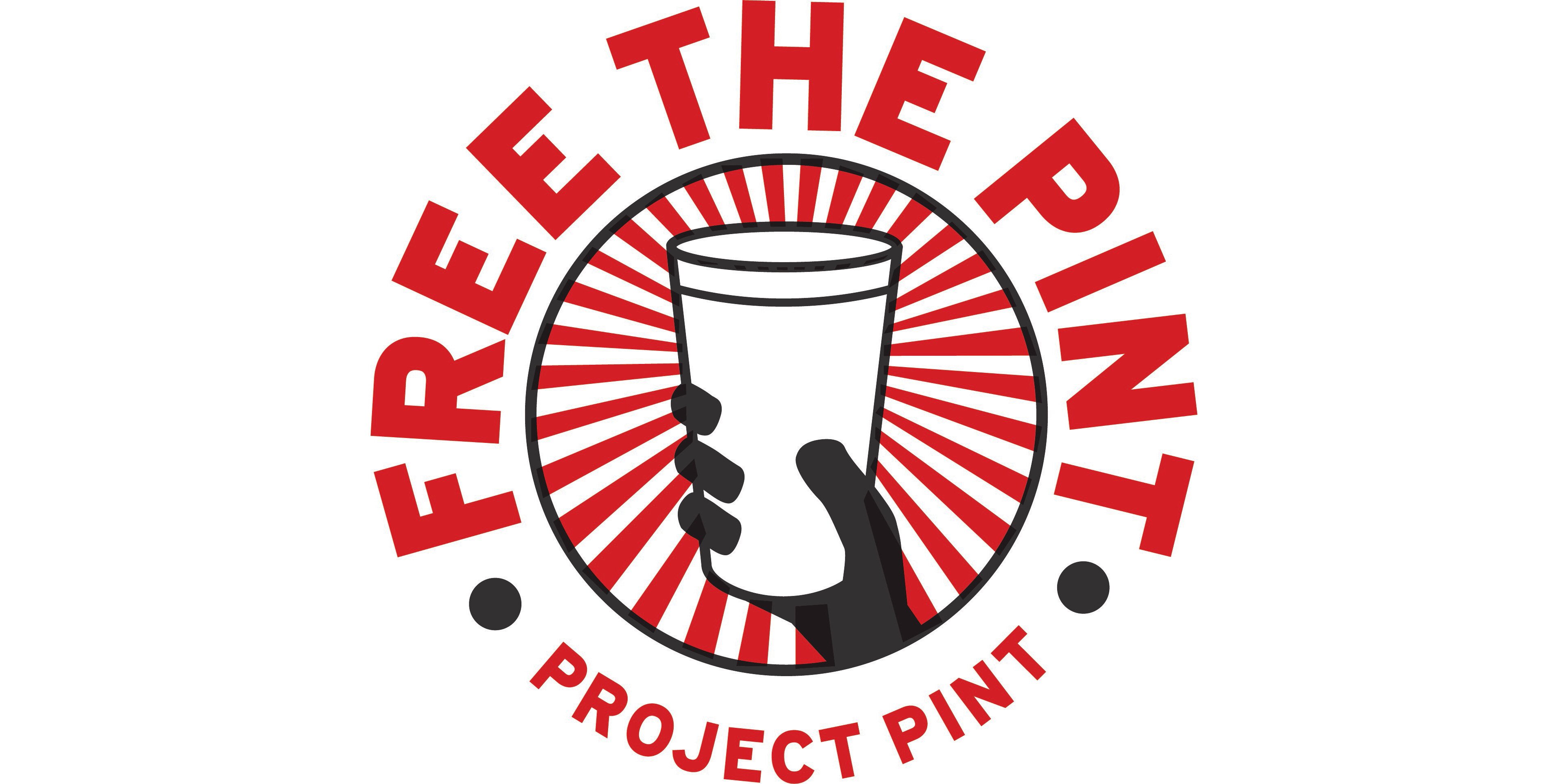
**How can pubs reopen safely?
It should be up to the operator, working with local authorities and with their customers to create a safe environment. The government should be trusting our talented hospitality operators to keep their customers safe because that’s what we do every day. Having a blanket series of regulations won’t work and will mean the threat of mass bankruptcy across the whole industry. A nuanced approach is vital to preserve these essential community outlets.
The government should be trusting our talented hospitality operators to keep their customers safe because that’s what we do every day
Who else is on board with the campaign?
UKHospitality has been incredibly helpful. We’ve constantly been trying to get the messaging right so that it remains a grassroots-style campaign rather than a formal industry campaign, which would be less attractive to the wider public. We’ve also had great support from the likes of BrewDog and Camden Town Brewery.
What do you think the mood is like among consumers?
People aren’t staying home and doing one hour of exercise a day now – it’s clear the mood is shifting. I’m starting to hear more stories about people visiting friends and you can see what’s going on at the beaches. We’re not saying “come to the pub now”, what we are saying is that, when it’s safe, it’s really important that you come back. The word fear is not going to be mentioned anywhere in the campaign – if you tell someone not to be afraid you put the idea in their heads!
Are some age groups more likely to return to pubs sooner than others?
It’s very interesting – I think the mid-to-late 20s are fed up and want to go out and have fun. Older people seem very mixed, but I think the toughest group is the middle-age group, which is trying to be responsible and sensible for their kids and their parents, but I think that will fall away as it become apparent that the virus is on the wane.
And we have to believe that otherwise we’re not going to be here – that’s the brutal reality of it. It’s always going to be a balancing act and there are always risks but there’s a huge risk to Britain in losing hospitality businesses. The government probably hasn’t fully appreciated the extent to which physical distancing is deadly for a lot of smaller operators who thrive on turning tables quickly and having people very close together.
Is there a divide between city operators compared with those in rural areas?
I think there is a split between people who are blessed in having off-licences and are allowed to sell pints to take away. That creates a huge divide because you can make a lot of money selling pints right now if you’re in the right location – if you’re a riverside pub, by a park or have a large beer garden, you’re going to do fantastically well – potentially even better than you did before, because there will be less competition. If you’re a small city pub you’re going to be absolutely shafted.
How are you spreading the message?
We have something on the website and our social feeds called ‘let the pint people speak’. It’s an opportunity to share stories and talk about the wonderful things that happen in pubs. There are literally millions of stories out there that we want to capture and amplify under #ProjectPint and #FreeThePint to remind everyone how important these places are.
Pubs aren’t just somewhere to go and get drunk on a transactional level. They are emotional places where the really important moments in our lives happen. Without pubs we are in grave danger of losing key spaces where people interact. So this fun and emotional end of the campaign is a key part of it.
We then need to get outside the hospitality bubble and into the general public where we’re looking to raise money from some of the bigger companies and private individuals to help us create fantastic, sharable content and spread awareness outside. I’m a very ambitious type of person, so I’m going to be making it as big as I can.
To support the campaign and sign the petition visit projectpint.uk


